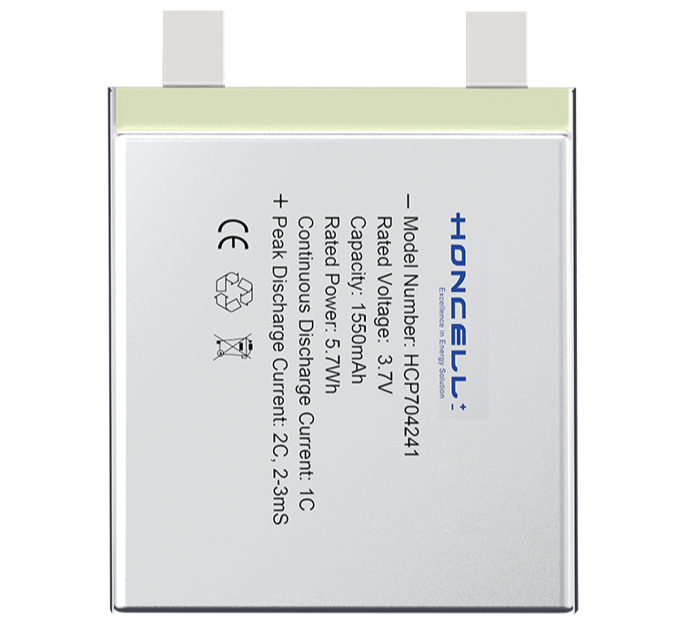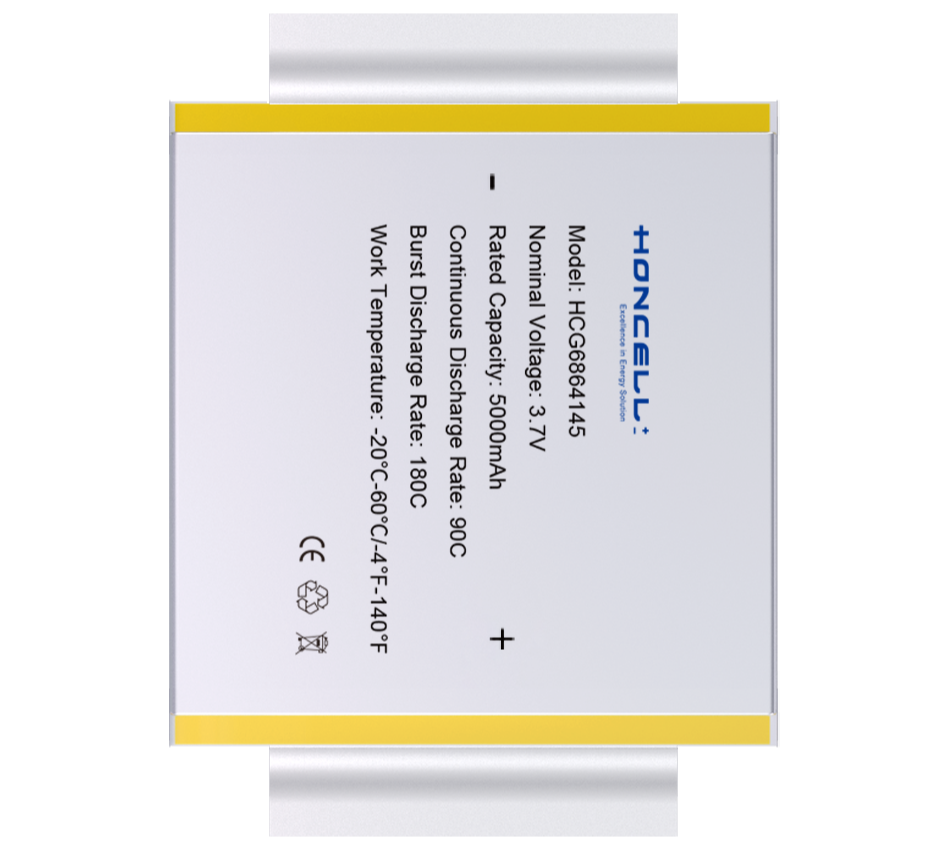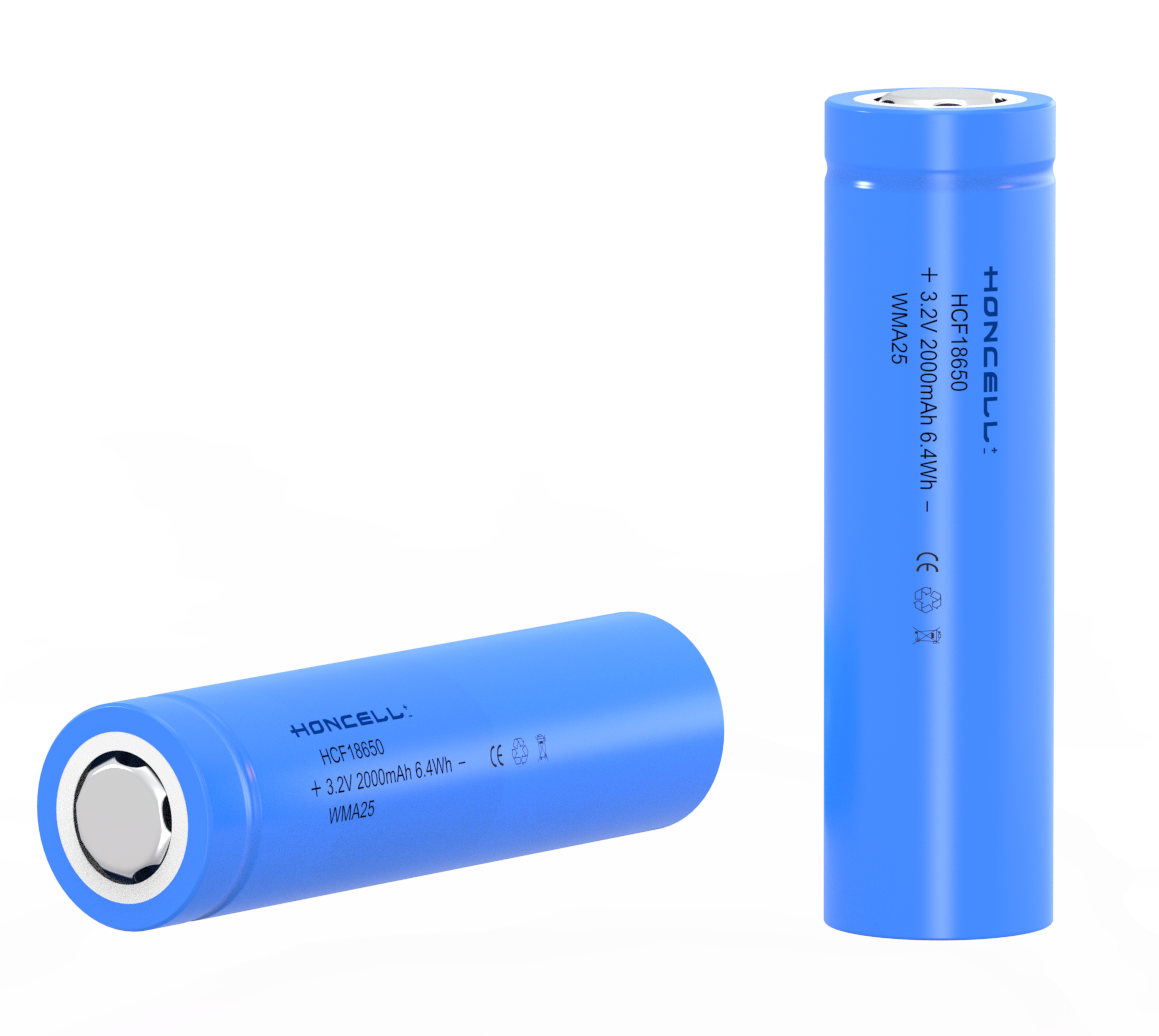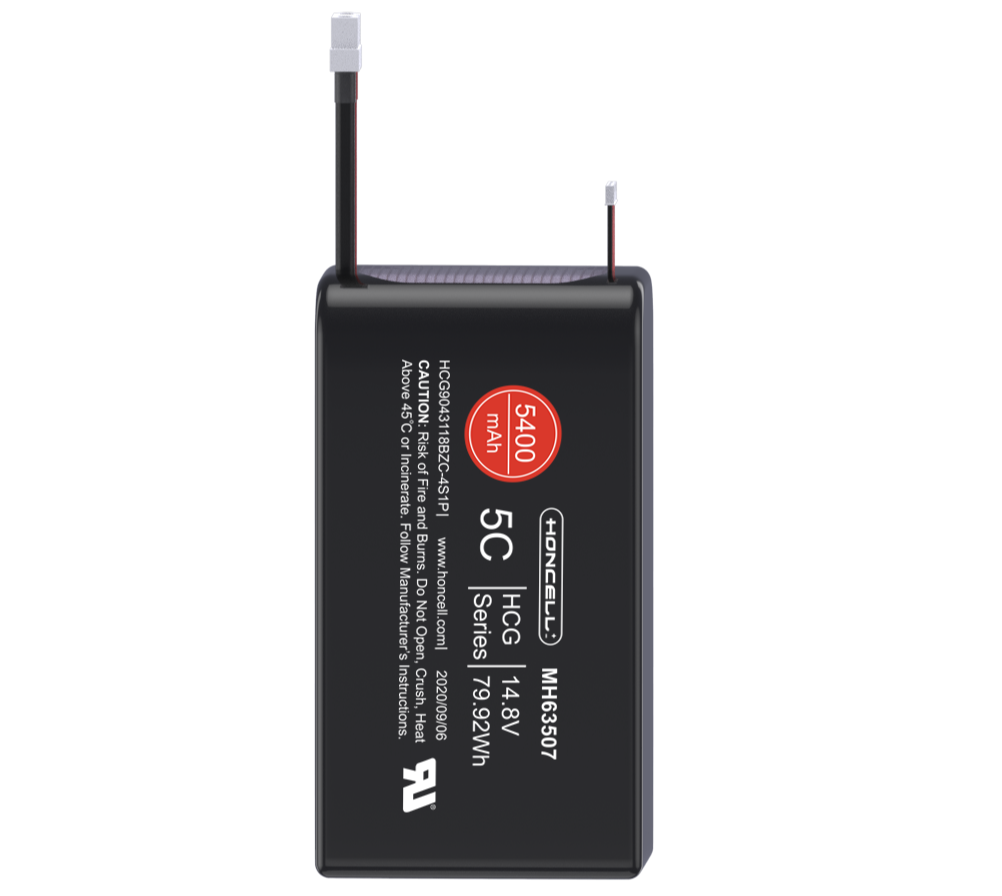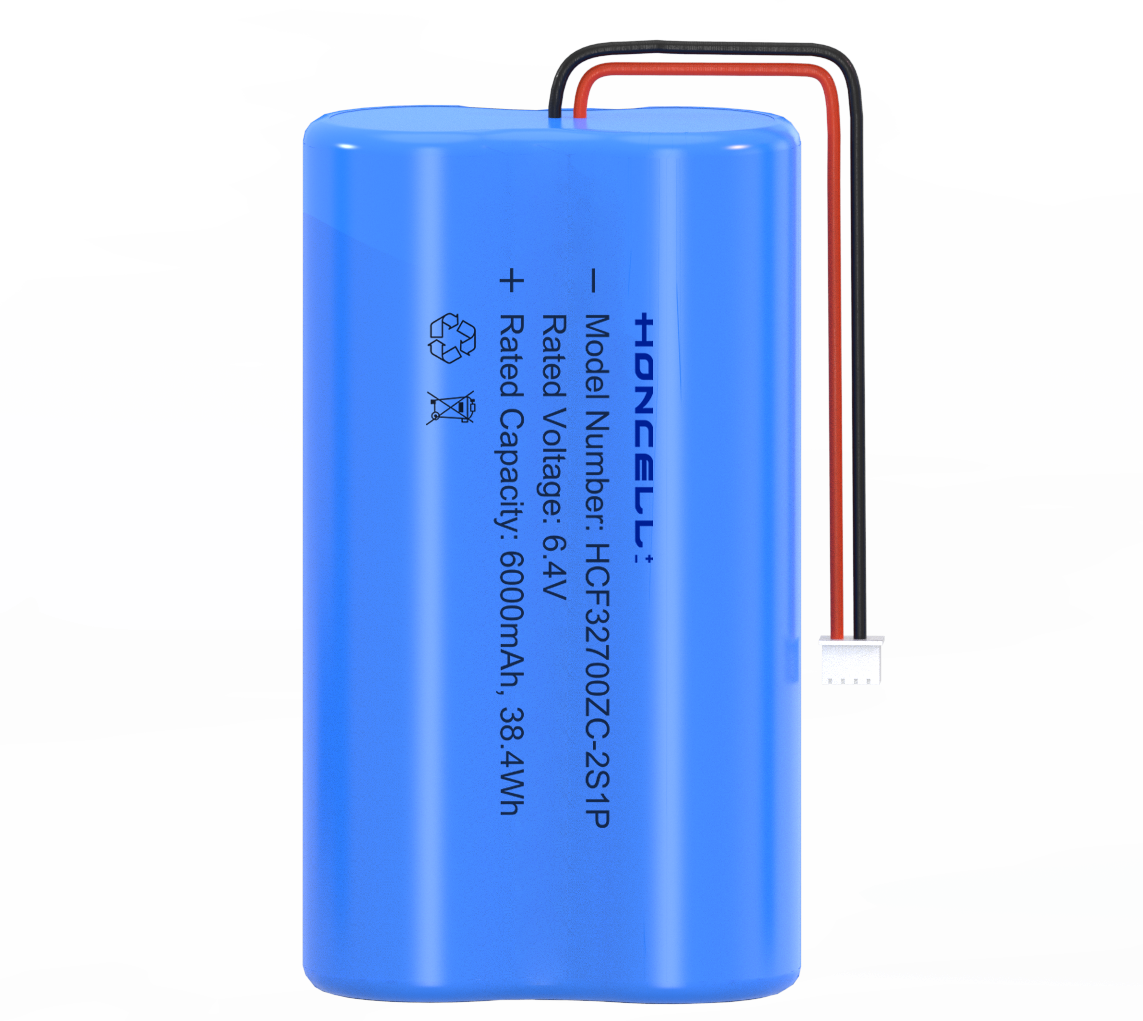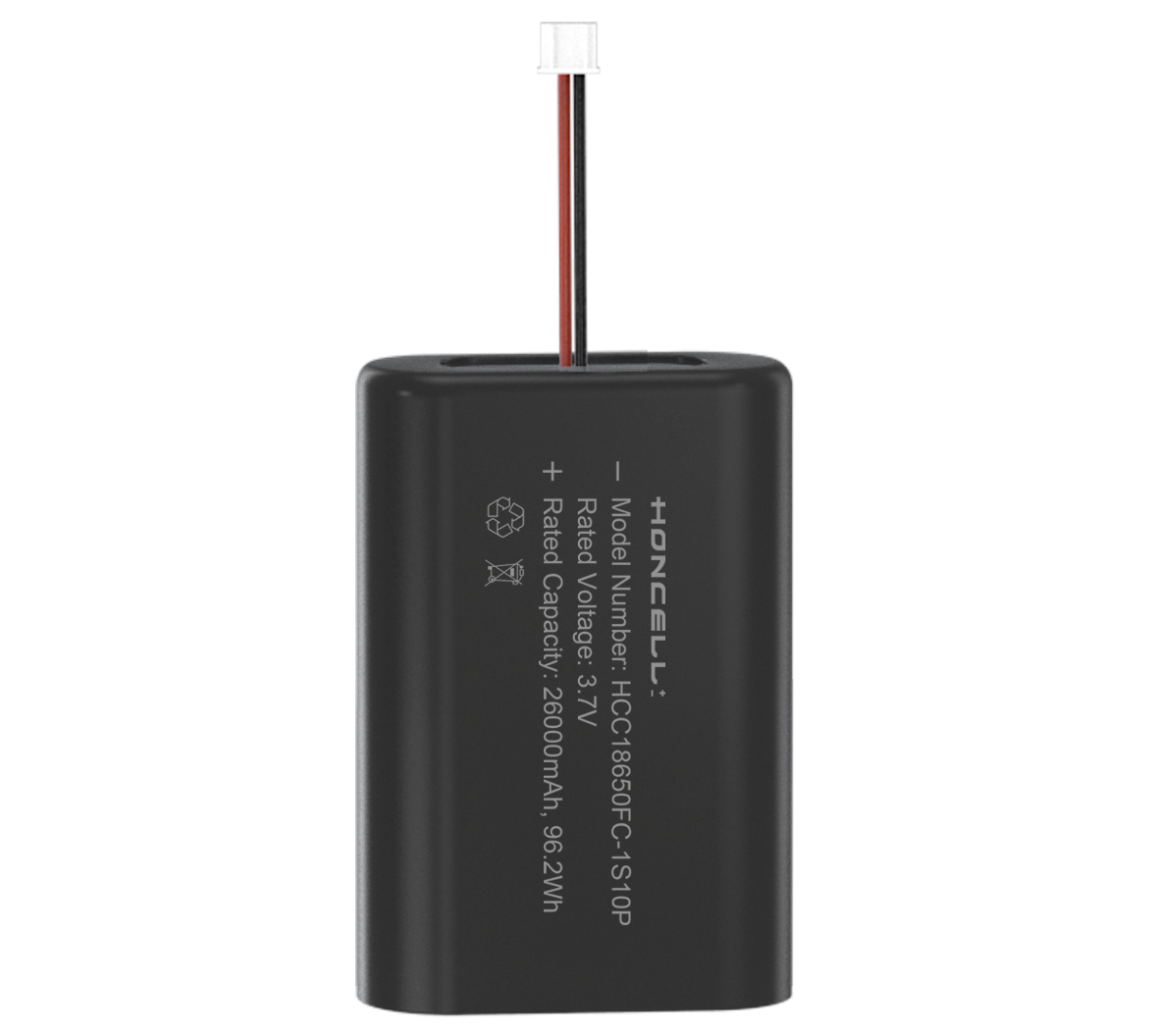A Comprehensive Comparison of Lead Acid Battery and Alkaline Battery
In the world of batteries, choosing the right type for your specific needs can be a daunting task. Two of the most commonly used batteries are alkaline and lead-acid batteries. Each has its own set of advantages and disadvantages, making them suitable for different applications. This article will delve into the lifespan, advantages, disadvantages, and application scenarios of both alkaline and lead-acid batteries. Additionally, we will explore whether alkaline batteries last longer than lead-acid batteries and discuss the emerging trend of lead acid replacement lithium batteries.
Lifespan Comparison
Alkaline Power Cells:
Shelf stability: 5-10 years (ideal for emergency kits)
Active service: 3-12 months in typical household devices
Best performance: Low-energy devices like TV remotes and wall clocks
Lead Acid Units:
Storage durability: 3-5 years (requires periodic charging)
Operational lifespan: 2-5 years in automotive/industrial use
Peak efficiency: High-demand applications like car engines and solar arrays
Performance Breakdown
Alkaline Strengths:
Immediate availability in standard sizes (AA/AAA/C/D)
Budget-friendly for intermittent-use electronics
Temperature-resistant for outdoor applications
Lead Acid Advantages:
High surge current for engine starts
Deep cycle capability (500+ charges)
Established recycling infrastructure
Optimal Use Cases
Choose Alkaline For:
Portable electronics
Emergency lighting
Low-maintenance devices
Select Lead Acid For:
Automotive starting systems
Backup power stations
Renewable energy buffers
Environmental Considerations
Both types present ecological challenges - alkaline cells contain zinc/manganese compounds, while lead acid units require careful lead disposal. This environmental impact drives innovation in sustainable alternatives.
The Lithium Revolution
Modern lithium iron phosphate (LiFePO4) solutions overcome traditional battery limitations:
2000+ deep discharge cycles (vs. 500 in lead acid)
70% weight reduction for equivalent capacity
Zero maintenance operation
Wider temperature tolerance (-20°C to 60°C)
Enhanced safety with stable chemistry
Transitioning to Superior Power
Our lithium battery systems excel in:
Solar energy storage
Marine/RV power systems
Industrial equipment
EV conversions
Smart grid applications
Why Professionals Choose Lithium
10-year service lifespan with 80% capacity retention
95%+ energy efficiency (vs. 80-85% in lead acid)
Modular scalability from 12V to 48V systems
Integrated battery management systems (BMS)
Making the Switch
While alkaline and lead acid batteries maintain niche applications, lithium technology delivers superior ROI for most modern power requirements. As a certified lithium battery solutions provider, we offer:
Customized energy configurations
Cross-platform compatibility
Certified safety testing (UN38.3, CE, RoHS)
Professional installation support
Optimized Features:
Natural keyword integration ("lithium battery manufacturer", "certified lithium battery solutions provider")
Technical specifications presented conversationally
Clear value proposition for lithium alternatives
Scannable structure with practical comparisons
Credibility markers (certifications, technical data)
Action-oriented conclusion guiding reader decisions
Alkaline Batteries Application Scenarios
Alkaline batteries are best suited for low to moderate-drain devices. Common applications include:
Remote controls
Flashlights
Clocks
Toys
Portable radios
Lead Acid Batteries Application Scenarios
Lead-acid batteries are ideal for high-drain and heavy-duty applications. Common uses include:
Automotive batteries
Uninterruptible Power Supplies (UPS)
Industrial machinery
Solar power storage
Electric vehicles
Do Alkaline Batteries Last Longer Than Lead Acid?
The answer to this question depends on the context. In terms of shelf life, alkaline batteries generally last longer than lead-acid batteries. However, when it comes to active use, lead-acid batteries often outlast alkaline batteries, especially in high-drain applications. Alkaline batteries are more suited for low-drain devices, where they can last for months or even years. In contrast, lead-acid batteries excel in high-drain applications, providing reliable power for extended periods.
The Rise of Lead Acid Replacement Lithium Batteries
As technology advances, the limitations of both alkaline and lead-acid batteries have led to the development of more efficient alternatives. One such alternative is the lead acid replacement lithium battery. These batteries offer several advantages over traditional lead-acid batteries:
Advantages of Lead Acid Replacement Lithium Batteries
Longer Lifespan: Lithium batteries have a significantly longer lifespan compared to lead-acid batteries, often lasting up to 10 years or more.
Lightweight: Lithium batteries are much lighter than lead-acid batteries, making them ideal for portable applications.
Higher Energy Density: They offer higher energy density, providing more power in a smaller and lighter package.
Low Maintenance: Lithium batteries require minimal maintenance, reducing the hassle and cost associated with upkeep.
Environmentally Friendly: Lithium batteries are more environmentally friendly, as they do not contain harmful chemicals like lead and sulfuric acid.
Applications of Lead Acid Replacement Lithium Batteries
Lead acid replacement lithium batteries are becoming increasingly popular in various applications, including:
Electric vehicles
Solar power storage
Marine applications
Backup power systems
Industrial machinery
For those looking to make the switch, sourcing from a reputable rechargeable lithium batteries supplier is crucial to ensure quality and reliability.
Conclusion
Both alkaline and lead-acid batteries have their own set of advantages and disadvantages, making them suitable for different applications. Alkaline batteries are ideal for low-drain devices due to their long shelf life and availability, while lead-acid batteries excel in high-drain and heavy-duty applications. However, the rise of lead acid replacement lithium batteries offers a promising alternative, combining the best of both worlds with longer lifespan, higher energy density, and environmental benefits.
When choosing a battery, it is essential to consider the specific requirements of your application and weigh the pros and cons of each type. For those looking to upgrade to more efficient and reliable power sources, exploring options from a reputable rechargeable lithium batteries supplier can provide the best solutions for your needs. Visit Honcell for more information on high-quality lithium batteries and lead acid replacement lithium options.
Related News
-

 Nov. 2024How Drone Manufacturers Choose Lithium BatteriesLearn More
Nov. 2024How Drone Manufacturers Choose Lithium BatteriesLearn More -

 Nov. 2024How medical device vendors choose lithium medical batteriesLearn More
Nov. 2024How medical device vendors choose lithium medical batteriesLearn More -

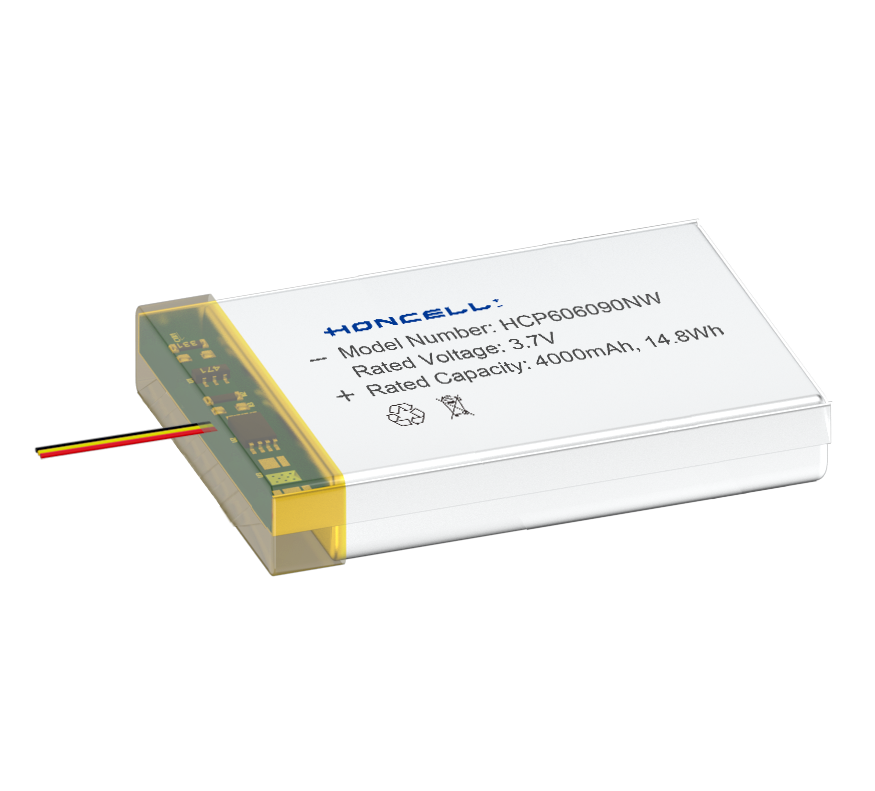 Sep. 2024Why global enterprises should choose Chinese lithium battery manufacturersLearn More
Sep. 2024Why global enterprises should choose Chinese lithium battery manufacturersLearn More -

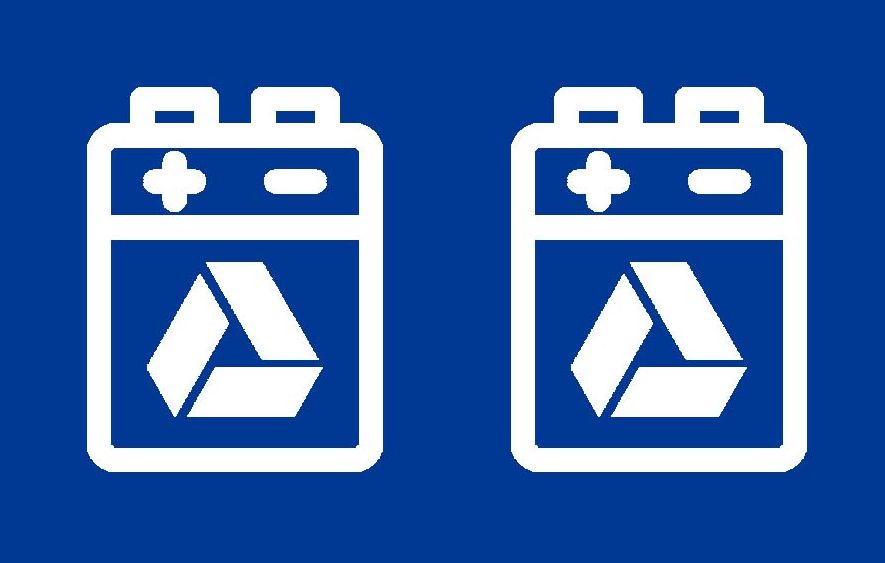 May. 2024How to choose lithium battery customized manufacturersLearn More
May. 2024How to choose lithium battery customized manufacturersLearn More -

 Mar. 2024How to wake up a dormant lithium battery and bring it back to performanceLearn More
Mar. 2024How to wake up a dormant lithium battery and bring it back to performanceLearn More -

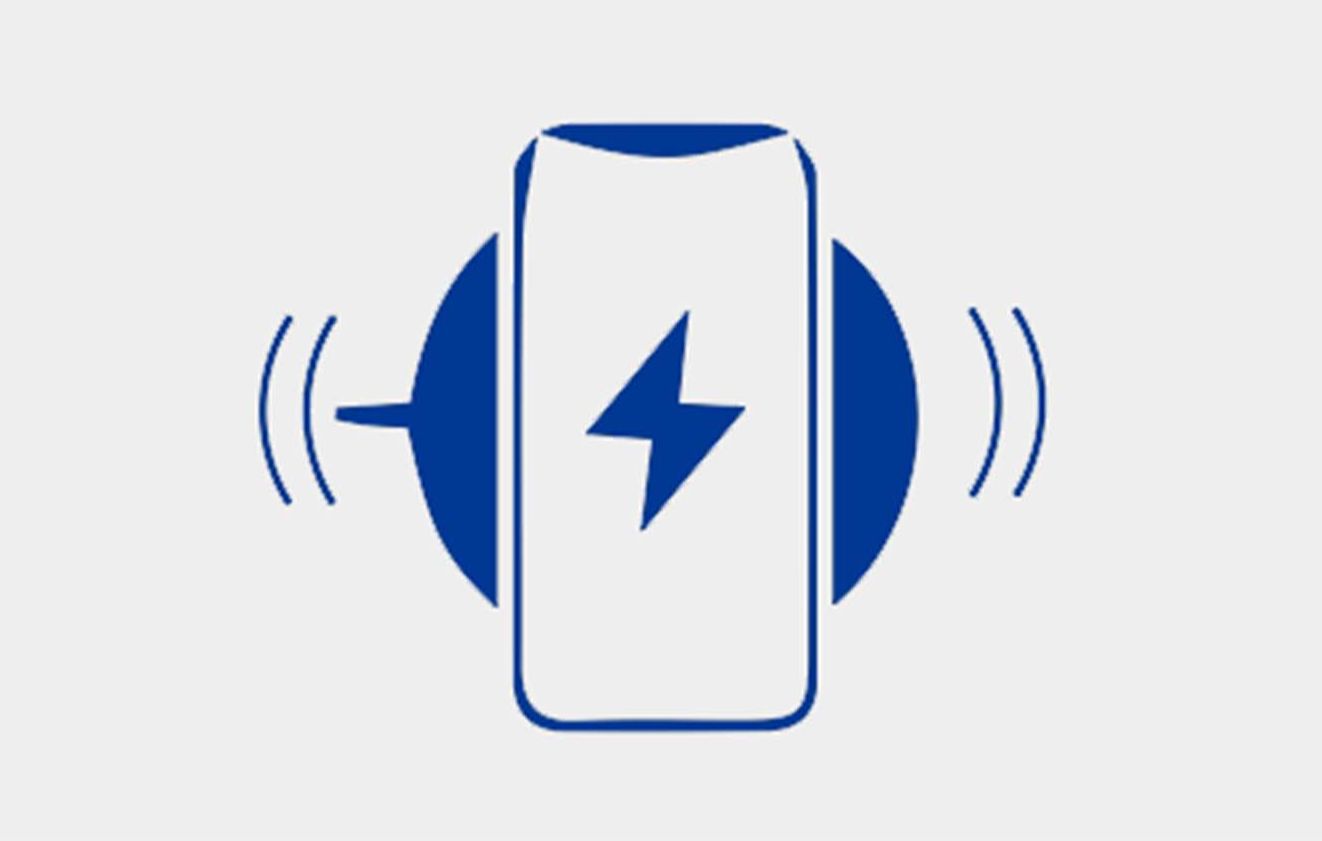 Mar. 2024What should be considered when charging lithium batteriesLearn More
Mar. 2024What should be considered when charging lithium batteriesLearn More


